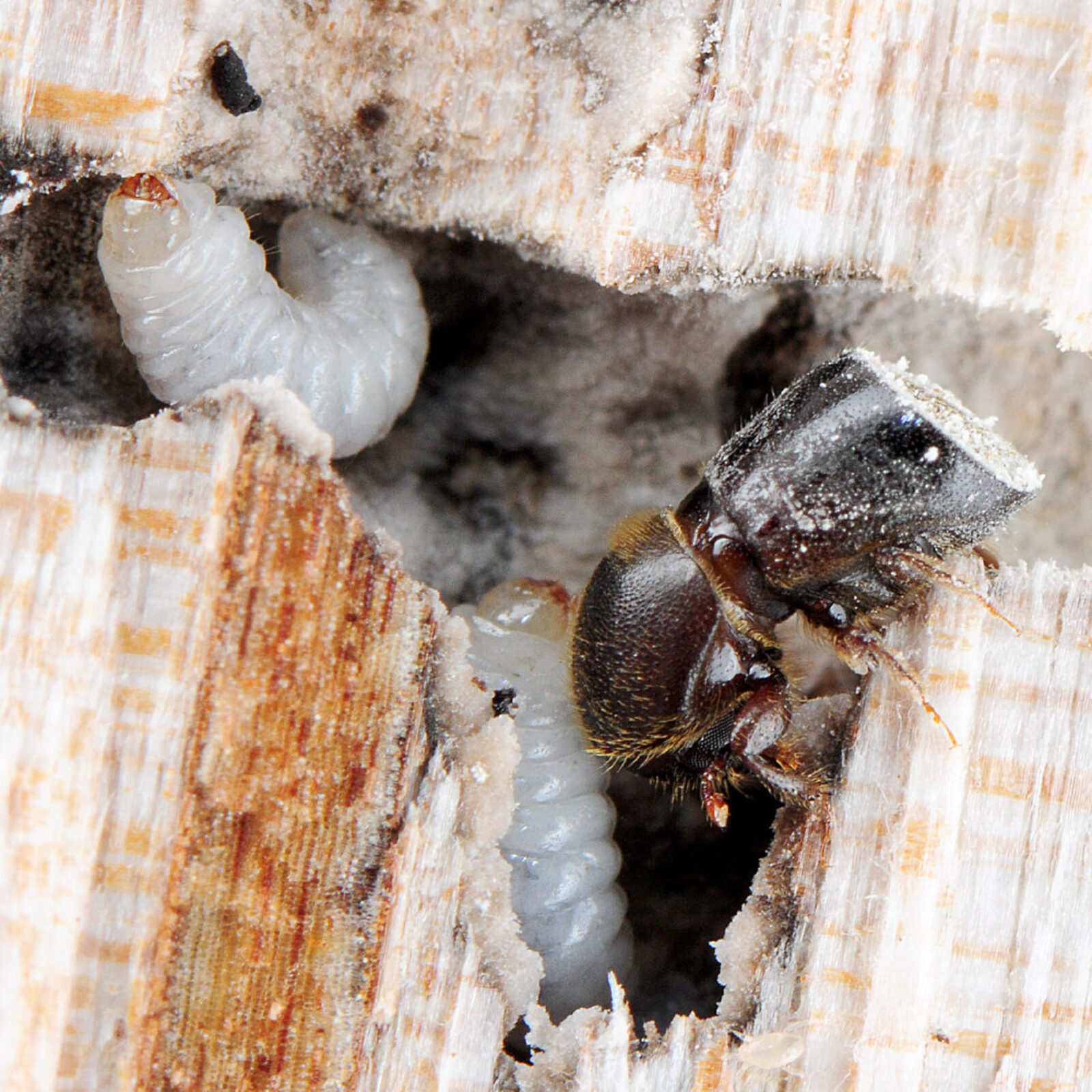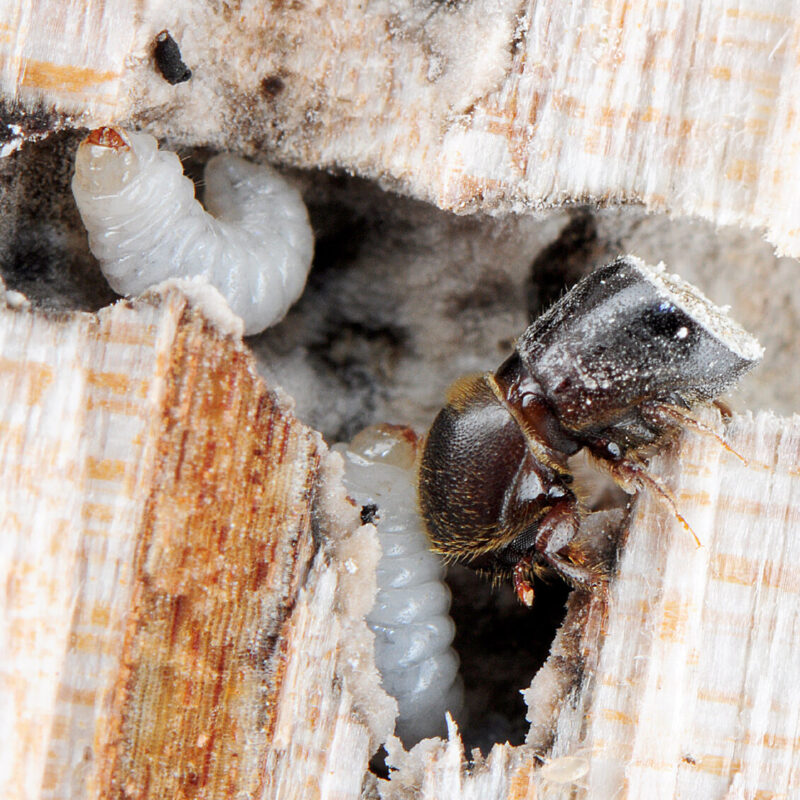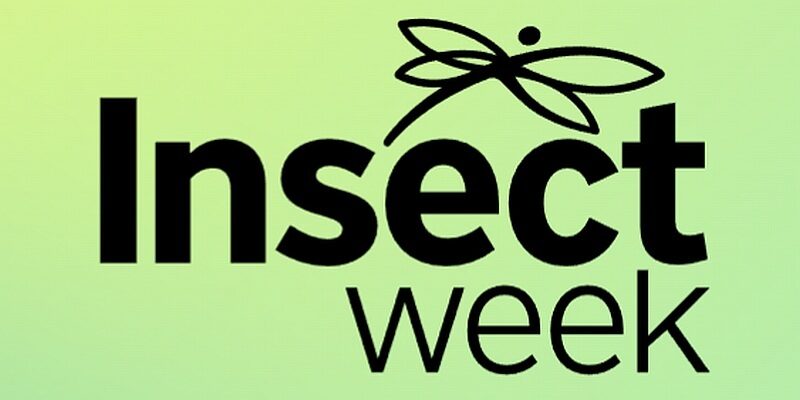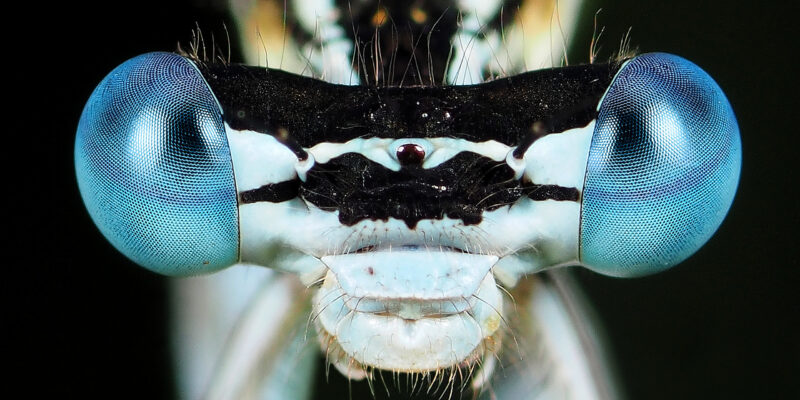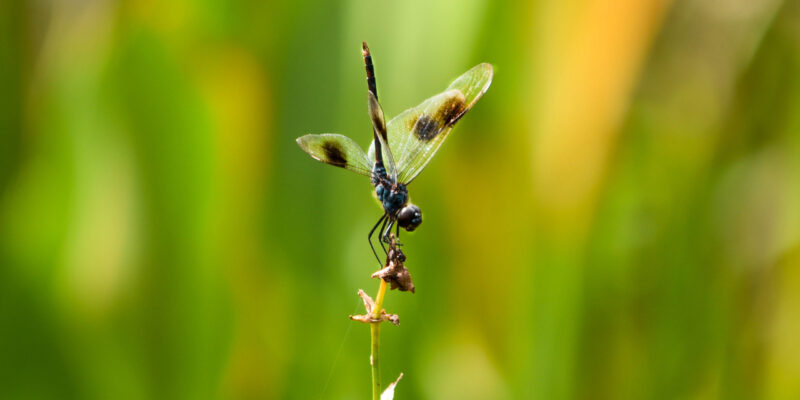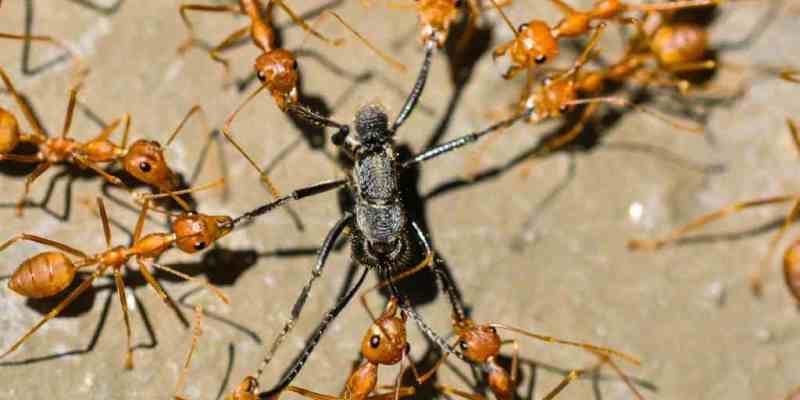Call for Papers – Insect symbionts as mediators of ecological interactions
Ecological Entomology invites submissions for a special issue: Insect symbionts as mediators of ecological interactions: from mutualists to parasites
Letter of Intent submission deadline: 30 June 2025
Manuscript submission deadline (for invited authors): 30 September 2025
Insects can form relationships with a diverse range of microorganisms, including bacteria, fungi, and viruses. These relationships can either be beneficial, inconsequential, or antagonistic to the host insect. Many studies have identified myriad benefits and consequences of these relationships, with these microbial partners also capable of mediating the interactions between their host insect and other trophic levels.
Recent advances have started to look beyond linear systems and explore insect-symbiont interactions within a more holistic ecosystem context. By considering insect microbial partners as mediators of ecological interactions, and investigating the cascading effects insect symbionts have on host insect interactions with the ecosystem more broadly, we have started to gain insights into the complex web of relationships between insects, their symbionts, and their ecological environment.
For this Special Issue, Ecological Entomology extends an invitation to researchers to contribute original research or review articles that have the potential to broaden our comprehension of insect-symbiont relationships under ecological contexts. We will consider the full range of symbiont associations, from mutualism to parasitism, including symbionts whose status can change depending on the environment.
Prospective authors are invited to submit a letter of intent to the editors as soon as possible (deadline 30/06/2025). The letter should consist of an extended abstract of a maximum of 500 words detailing background, methods, results, and conclusion. Preliminary results of ongoing projects will be considered. These letters will be reviewed as received and authors are invited to submit manuscripts if the article is believed to fit the scope of the journal Special Issue and be of high quality and novelty.
Letters of intent should be submitted to the Guest Editors Awawing Anjwengwo Andongma and Daniel Leybourne.
The deadline for full submissions is 30/09/2025.
All submissions will be peer-reviewed according to standard review procedures. We welcome original articles and short communications. In addition, a limited number of reviews and perspectives articles will be accepted based on originality and relevance. Please note there are no page charges and the journal does not require authors to pay APCs unless they want their paper to be published Open Access.
Topics for this call for papers include but are not restricted to:
- Characterisation of environmental and ecological factors that drive the formation of insect-symbiont relationships
- The role of symbionts in mediating insect interactions with other trophic levels
- Identification of symbiont mediated phenotypes in important insect species
Guest Editors:
Dr. Awawing Anjwengwo Andongma a.awawinganjwengwo@lancaster.ac.uk
Lancaster University, UK
Dr. Daniel Leybourne daniel.leybourne@liverpool.ac.uk
The University of Liverpool, UK
Keywords: Insect symbiosis, symbiotic mutualism, symbiotic commensalism, insect parasitism, entomological microbiology, ecological microbiology, insect-symbiont-environment interactions, species interactions, bacteria, fungi, viruses, protozoa, arbovirus
Submission Guidelines/Instructions
Please refer to the Author Guidelines to prepare your manuscript. When submitting your manuscript, please answer the question: “Is this submission for a special issue?” by selecting the special issue title from the drop-down list.


